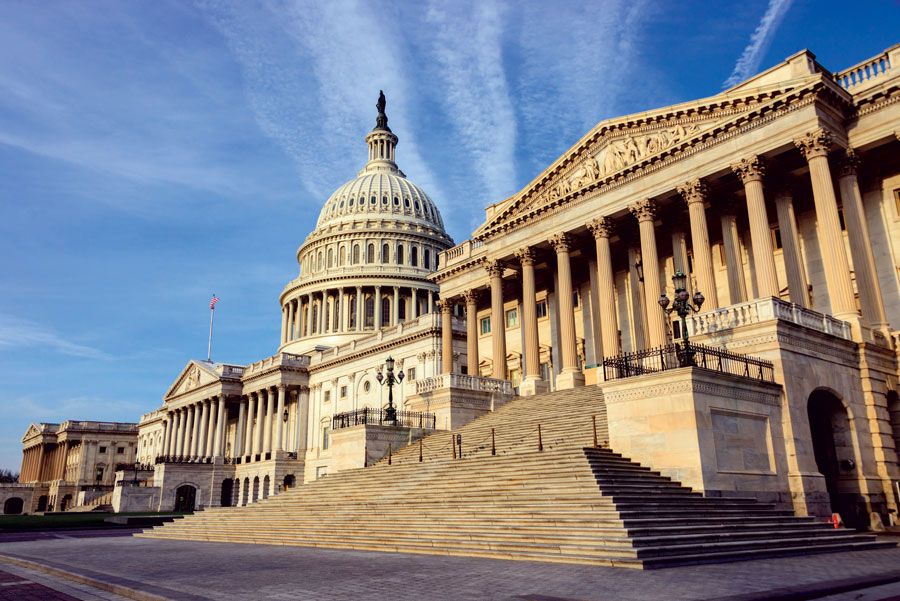A bipartisan bill that would overhaul the nation’s roads, railways, internet system and electric grid is stuck in legislative limbo, but if it breaks free and gets through Congress, it could be the catalyst for more infrastructure spending in the future, experts said Tuesday.
The approximately $1 trillion infrastructure legislation received Republican and Democratic support when it was approved by the Senate earlier this year. But it has been stuck in the House while Democrats negotiate over the Build Back Better Act, a $3.5 trillion package of social and climate spending and tax reform that incorporates much of the Biden administration’s economic agenda.
If the infrastructure bill breaks free from the logjam, it could be a catalyst for more infrastructure spending, said Frank Kelly, senior political advisor at DWS Group, an asset manager.
“This is a huge, transformational infrastructure plan here that hopefully gets approved probably in the next month, two months,” Kelly said during a session Tuesday at Schwab Impact. “It’s the beginning of something, too. I think this is something the markets may miss. This isn’t necessarily a one-and-done thing. Now that you’ve made that turn, and we’re moving more and more into sustainable infrastructure and investment, Congress comes back next year and does more and the year after and the year after.”
The federal spending on infrastructure will be augmented by state and local spending, Kelly said.
“It’s sort of a force multiplier for investment in sustainable infrastructure, which, I think, is very exciting, and it’s long overdue,” Kelly said.
In addition to funding new roads and bridges, the infrastructure bill includes substantial spending to expand high-speed internet, develop renewable and clean energy and build a network of charging stations for electric cars.
“Policies are in place at the state and local levels to get this green spending done,” said Frank Greywitt, portfolio manager for global infrastructure securities at RREEF Alternative Investments, a DWS division.
The panelists said companies that would benefit from the infrastructure bill include those in the communication, clean energy and utility sectors as well airport and toll road operators.
But first Congress must pass the infrastructure bill, and the prospects remain dicey. Progressive Democrats are refusing to back the infrastructure bill until the Build Back Better Act advances, while centrist Democrats are pushing for immediate House action on the infrastructure bill.
Democrats are using a parliamentary maneuver known as budget reconciliation for the Build Back Better bill that sidesteps a Senate Republican filibuster. But going down that path means all Democrats in the Senate and almost every one of them in the narrowly divided House must agree on the measure.
It may take several more weeks to sort things out, while the infrastructure bill hangs in the balance.
“There is a risk [the infrastructure bill] doesn’t get done,” Kelly said. “It’s being held hostage, if you will, politically to this large $3.5 trillion proposed budget reconciliation bill. Republicans aren’t supporting that…and there are key Democrats — moderate Democrats — who don’t like it.”
Kelly expects the infrastructure bill eventually will pass Congress and head to President Biden for his signature.
“It’s just too much of a win,” he said. “It’s too easy [for Congress to approve] not to pass it, even if reconciliation blows up.”
The prospects for a Democratic agreement on a reconciliation bill of around $2 trillion appeared to be improving by Tuesday afternoon.
Niche advisers should demonstrate their expertise
The post Passage of infrastructure bill could mean more spending in future appeared first on InvestmentNews.








